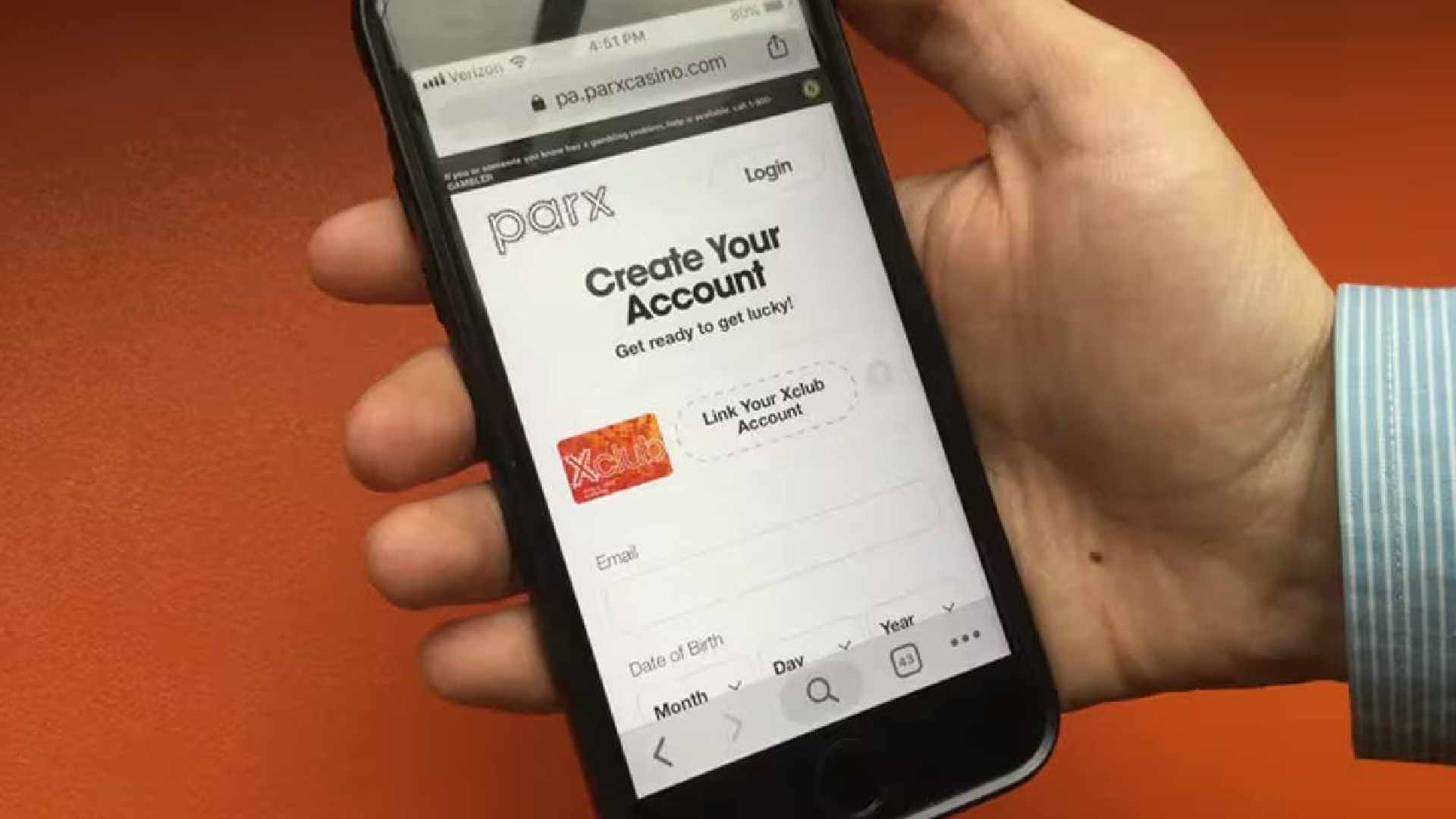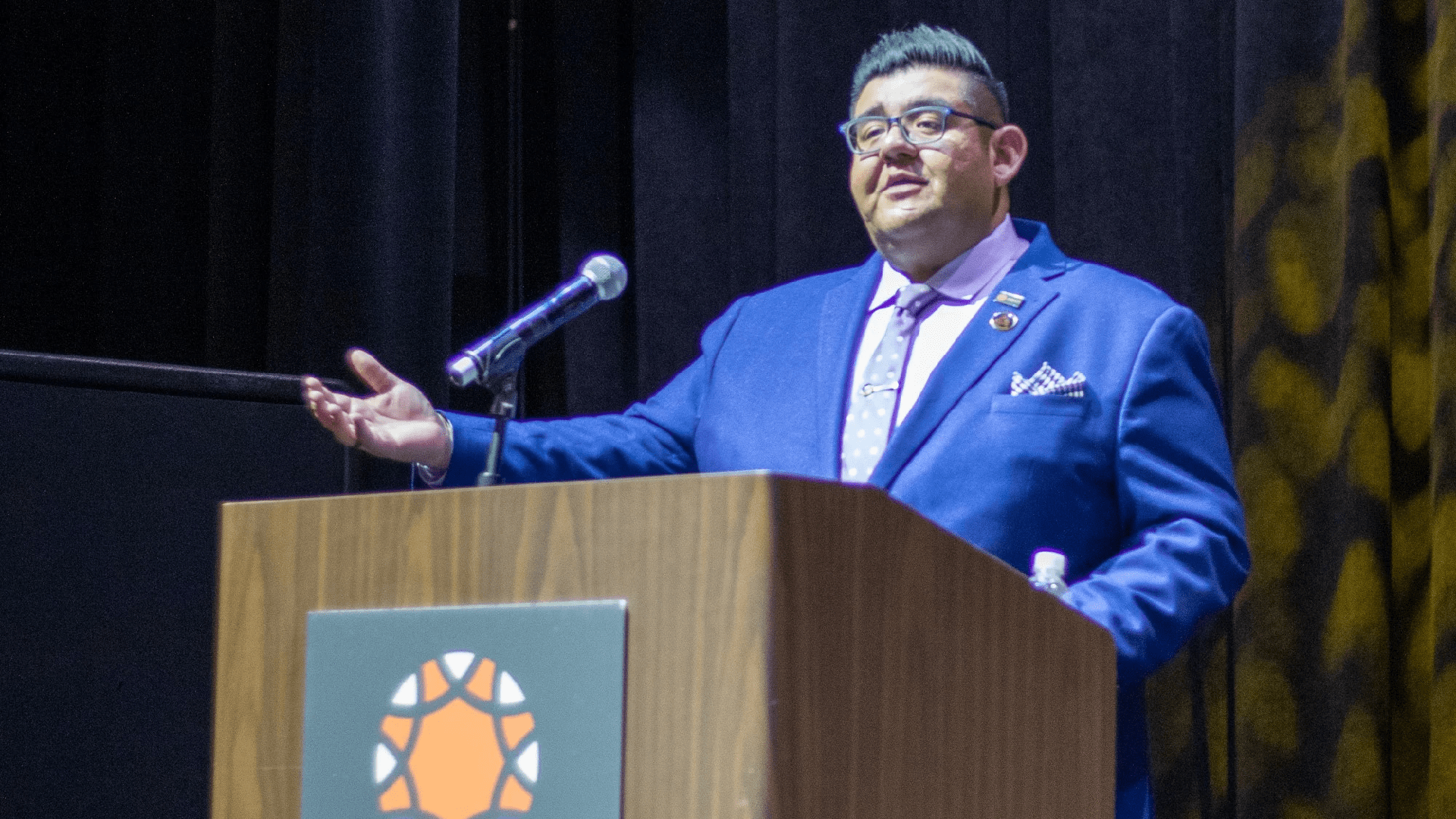
Pennsylvania iGaming Participation Grows, but So Do Responsible Play Challenges
A recent study of Pennsylvania's online gambling market reveals that participation increased by 5% last year, reaching 16%. It was the first yearly rise in participation over the three years of the thorough review.
The document titled The Pennsylvania Interactive Gaming Assessment: Online Gambling Report 2023 is produced by Penn State University. The review was commissioned by the state Department of Drug and Alcohol Programs (DDAP), with financial support from the Pennsylvania Gaming Control Board (PGCB).
Engagement in online gambling encompasses internet slots, interactive table games, online sportsbooks, and iLottery. Total gross revenue from online gambling services surpassed $2.1 billion last year, marking an increase of nearly 27% compared to the previous year. Online slots and table games made up the majority of the revenue, exceeding $1.7 billion.
The report emphasizes the state’s achievements in online gaming while examining its potential adverse effects on players and the community. Though the investigation determined that online gaming in the commonwealth is still boosting its tax revenue for the state, there are rising worries that the financial advantage could be detrimental to individuals, families, and communities.
Regarding Data
Pollsters from Penn State interviewed more than 1,800 people throughout the commonwealth to assess their engagement and involvement in gambling, both online and offline. The survey revealed that of the 21% who indicated they had engaged in some form of online gambling, about half acknowledged difficulties managing their gambling activities.
The report mentioned challenges in restricting the time spent playing online and adhering to a budget.
Inquiries to 1-800-GAMBLER concerning difficulties with online gaming surged last year, with this type of contact accounting for "at least" 34% of total call volume. In 2020, calls that specifically referenced online gambling constituted only 2% of the total helpline call volume.
"Being aware of the current online gambling trends in Pennsylvania will help DDAP in its mission to assess and address how gambling behaviors impact compulsive and problem gambling within the commonwealth,” said DDAP Secretary Latika Davis-Jones. “It will also help us to spread awareness that treatment and resources, like the 1-800-GAMBLER helpline, are there when someone needs help.”
Gamblers who play exclusively online reported average monthly losses of $617, whereas those who only wager in person reported losses of $103 each month. Gamblers who engage in both online and in-person play, known as dual-mode gamblers, indicated the highest average monthly loss at $708.
Online players wager twice as frequently as retail players. Many of these online gamblers probably do not possess a substantial bankroll, since the research found that almost 40% of the online-only group had a yearly household income below $50K.
iGaming Talent Acquisition Legacy Play
The Penn State research indicated that iGaming is likely drawing customers away from traditional establishments — physical casinos and lottery vendors. Although online gambling involvement increased by 5% last year, offline gambling participation fell by the same amount from 67.5% to 62.5%.
The Interactive Gaming Assessment stated that as problematic gaming behaviors are rapidly increasing among online players, both the industry and regulators ought to enhance their communication regarding responsible gaming and the resources available where those consumers spend the majority of their time — online.
“Since the evidence indicates that problematic gambling behaviors are seemingly highest among those who gamble online — whether exclusively or also offline — and among younger individuals, the researchers recommend that information regarding responsible gambling, prevention, or treatment availability should be provided through multiple digital media formats such as social media and streaming services,” the study concluded.














